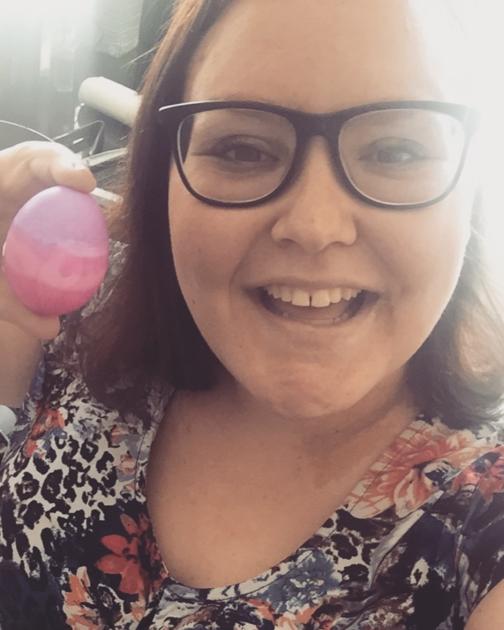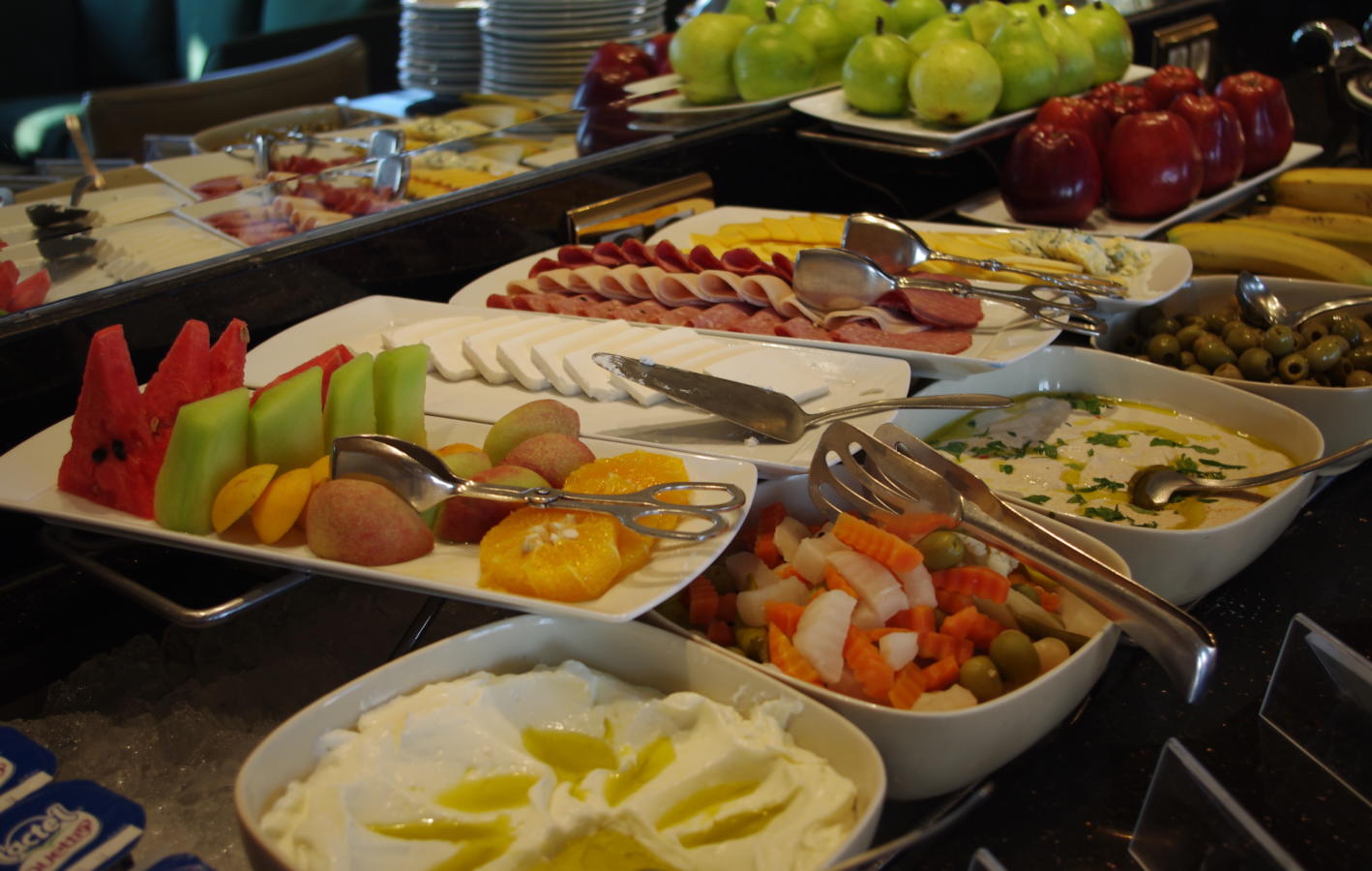“Let all who are hungry come and eat.”
This year, as I sat at my family’s Passover seder in my hometown of Charleston, this was the phrase that stuck out to me. For the first time in years, it was just my family sitting around the table. There were no family friends or neighbors joining us. Even my brother wasn’t home; he was celebrating Passover with the friends he’d made during his freshman year of college. Still, we read this phrase at our seder, inviting hypothetical ‘others’ to come and eat with us and to join in our Passover traditions.
This year, Passover and Easter overlapped—and while I was home celebrating with my family, I received an invitation from one of my friends, Daniel inviting me to join him and some other friends for an Easter brunch.
 I was excited to have Sunday plans—but then as quickly as the excitement came, it faded away, as I realized that most of the brunch foods at my friend’s home were likely not kosher for Passover. Jokingly, I texted him back, agreeing to join under the assumption that I could bring my own matzah.
I was excited to have Sunday plans—but then as quickly as the excitement came, it faded away, as I realized that most of the brunch foods at my friend’s home were likely not kosher for Passover. Jokingly, I texted him back, agreeing to join under the assumption that I could bring my own matzah.
After a short exchange, it was decided. I would be attending my first Easter brunch.
On Sunday afternoon, I pulled up to my friend Daniel’s place with a box of matzah and kosher for Passover seltzer in tow. I fully expected to join for thirty minutes to an hour, and then to hurry out and attempt to satisfy my chametz cravings with yet another meal of matzah and butter.
However, my friends had another thing in store for me.
Laid out on the counter were a wide selection of brunch foods. There were eggs, fruit salad, and roasted veggies on one side of the counter; the not-kosher-for-Passover items were laid out on the other side with cups and juice in between, ensuring that the two groups would never touch.
My friends assured me that the kosher items had been cooked in a brand-new pan, just to make sure that nothing I ate had touched bacon or any other non-kosher foods. As another friend joined us, she brought out kosher-for-Passover potato bread, which she had baked just for this occasion.
It was in that moment that I remembered one of the many things I love about being Jewish in the South: the incredibly warm and welcoming people – the Southern hospitality for which we’re known.
For me, the invitation to an Easter brunch on Passover, simply being included, was enough. Dayenu! I was more than happy to be with my friends, bringing my own matzah and all. But for my non-Jewish friends, that was only the start. They went above and beyond to include me in their Easter brunch and acknowledged that we were both celebrating and observing a special day in our respective faiths.
Now that Passover is over, we have started counting the Omer. This is a time when we count the days between Passover and Shavuot, when we are commanded and encouraged to count every day and make every day count.
My matzah and seder plate are packed away. However, I still find myself thinking about how my friends made my practices an important part of their own during our interfaith brunch. Just as we count the Omer every day during this part of the year, we can bring the welcoming spirit of Southern hospitality into our daily lives as well. I’m counting the omer, and counting my blessings – including my interfaith experiences down south.
As the year continues, let us ask our friends about what their needs may be and be conscious of them, readying ourselves to be inclusive of people of all backgrounds, needs, and faiths in every capacity that we can.



